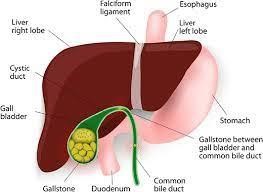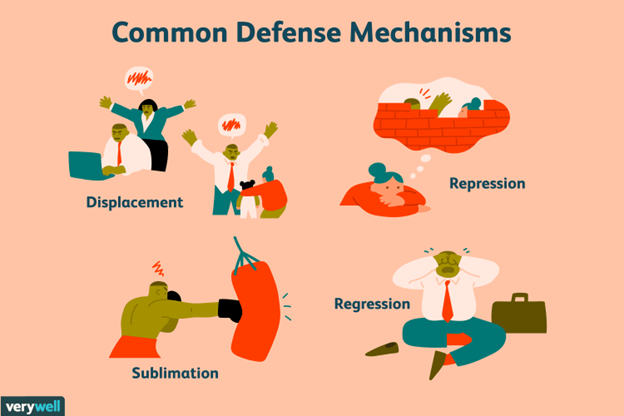A nurse is preparing to administer PRN pain medication to a client who has cholelithiasis and is experiencing moderate abdominal pain. Which of the following medications should the nurse plan to administer?
Acetaminophen
Omeprazole
Metoclopramide
Ketorolac
The Correct Answer is A
Choice A reason:
Acetaminophen is a safer choice for pain relief in clients with cholelithiasis because it does not have significant effects on the gallbladder or biliary system. It can provide effective pain relief without exacerbating the underlying condition.
Choice B reason:
Omeprazole Omeprazole should not administer because it is a proton pump inhibitor (PPI) used to reduce stomach acid production and treat conditions such as gastroesophageal reflux disease (GERD) and peptic ulcers. It is not indicated for the treatment of pain and discomfort associated with cholelithiasis.
Choice C reason
Should not be administered
Metoclopramide Metoclopramide should not be administered because it is a medication used to treat gastrointestinal issues such as nausea, vomiting, and gastroparesis. It is not indicated for the treatment of pain associated with cholelithiasis.
Choice D reason:
Ketorolac Ketorolac should not be administered because it is an NSAID used for moderate to severe pain. However, it should be avoided in clients with cholelithiasis due to its potential adverse effects on the gallbladder and biliary system.

Nursing Test Bank
Naxlex Comprehensive Predictor Exams
Related Questions
Correct Answer is B
Explanation
A. This choice is incorrect because forgetting to buy a gift is not an example of dissociation, but rather a sign of poor memory or lack of attention.
B. This choice is correct because describing the abuse as if it happened to someone else is an example of dissociation, which is a defense mechanism that involves separating oneself from painful or traumatic experiences.
C. This choice is incorrect because being verbally assertive is not an example of dissociation, but rather a personality trait or a coping skill.
D. This choice is incorrect because blaming the boss for not getting a promotion is not an example of dissociation, but rather a sign of external locus of control or rationalization.

Correct Answer is B
Explanation
A. Incorrect. Maintaining a flexible daily schedule for the child may increase their anxiety and confusion, as they may have difficulty adapting to changes in routine and expectations. The nurse should advise the parents to establish a consistent and structured schedule for the child, with clear rules and boundaries.
B. Correct. Using a reward system to modify the child's behavior is an effective strategy to reinforce positive behaviors and reduce negative ones. The nurse should help the parents identify specific and measurable goals for the child, and provide them with praise, tokens, or privileges when they achieve them.
C. Incorrect. Providing a variety of family members to care for the child may overwhelm them and impair their social skills development, as they may have difficulty forming attachments and communicating with different people. The nurse should encourage the parents to select one or two primary caregivers for the child, who can provide them with consistent and supportive interactions.
D. Incorrect. Administering alprazolam as needed to reduce the child's anxiety is not recommended, as it may cause adverse effects such as sedation, dependence, or withdrawal symptoms. The nurse should educate the parents about nonpharmacological interventions for anxiety, such as relaxation techniques, cognitive behavioral therapy, or social skills training.

Whether you are a student looking to ace your exams or a practicing nurse seeking to enhance your expertise , our nursing education contents will empower you with the confidence and competence to make a difference in the lives of patients and become a respected leader in the healthcare field.
Visit Naxlex, invest in your future and unlock endless possibilities with our unparalleled nursing education contents today
Report Wrong Answer on the Current Question
Do you disagree with the answer? If yes, what is your expected answer? Explain.
Kindly be descriptive with the issue you are facing.
